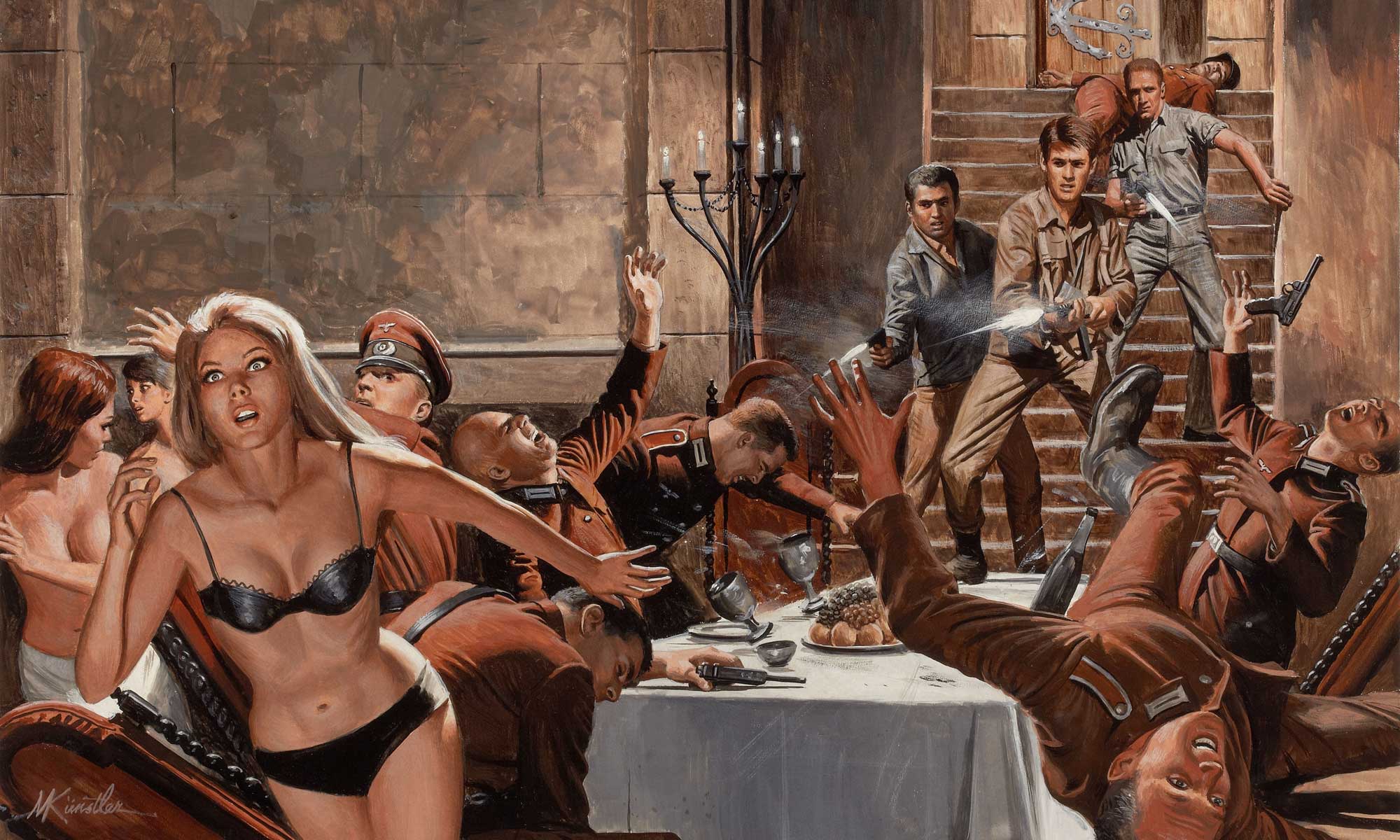I’m currently obsessed with 1968, the album from which this song originates. Never would have heard of France Gall if not for you, Renfield. Thanks!
It’s you whom I want
Already I can’t take my eyes
off you anymore
And I could make you
a happy man
and since it’s you whom I want
I left my green years for my warm years
like a rose under the rain
I opened myself today to life
but already the brass bands and bugles there
shout to me not to see you anymore
and they point their fingers at me
But there will come a day when we have to separate
I feel so good in your arms
It’s you whom I want
Already I can’t take my eyes
off you anymore
And I could make you
a happy man
and since it’s me whom you want
I tell you, stay faithful to me
As long as you find
that I give you a bit of paradise
that I am beautiful as long as you love me
But I hear the brass bands that come back again
to tell me that sooner or later
our love will be dead
But there will come a day when we have to separate
I feel so good in your arms
It’s you whom I want
Already I can’t take my eyes
off you anymore
And I could make you
a happy man
and since it’s me whom you want
They tell me
that I am too young for eternal love
that in your arms every night
I am in hell when I believe I’m in heaven
But I hear the brass bands that come back
and they watch us to see
the end of our love
If there really must come a day when we have to separate
That day is not today
because neither the bugles nor the brass bands
will ever change my life
It’s you whom I want
And I can no longer
take my eyes off you

Nice.
This only serves to lather my Francoise Hardy obsession (another yé-yé artist), and remind me that I’m haunted by Twink – who would not be out of place in this video.
You bastards and your beautiful French waifs …
Hardy is still around, and looks fucking great for 76.
You’re welcome.
Makerbot has seen this, but the rest of you might not have. France Gall won Eurovision with this in ’65. There was a bit of controversy. She gets a little off-key in places (nerves?), so some smirked that her non-musical assets carried the day. I think the imperfections make it better. The great conductor Wilhelm Furtwangler said it best: “It’s a piece of philistinism to beleive that the absence of faults equals greatness.”
The Wangler is correct, and at least she didn’t lip-sync.
I had to check out the competition, because I’m curious, and don’t really know much about Eurovision. (I still haven’t seen that Will Ferrell film.) Miss Gall had to beat the likes of Conchita Bautista, Butch Moore, and of course, Udo Jürgens.
Some solid singers in that group. Her song was definitely one of the peppier ones.
Didn’t Abba break big through Eurovision?
I think so.
As this group’s official abbaologist and Eurovision researcher, I can confirm this. They didn’t hit my radar until “Take A Chance On Me” and “Knowing Me Knowing You” – but apparently Waterloo put them on the map in 1974:
The song differed from the standard ”dramatic ballad” tradition of the Eurovision Song Contest by its flavor and rhythm, as well as by its performance. ABBA gave the audience something that had rarely been seen before in Eurovision: flashy costumes (including silver platform boots), plus a catchy uptempo song and even simple choreography. The group also broke from convention by being the first winning entry in a language other than that of their home country; prior to 1973 all Eurovision singers had been required to sing in their country’s native tongue, a restriction that was lifted briefly for the contests between 1973 and 1976 (thus allowing ”Waterloo” to be sung in English), then reinstated before ultimately being removed again in 1999. Compared to later ABBA releases, the singers’ Swedish accents are decidedly more pronounced in ”Waterloo”.